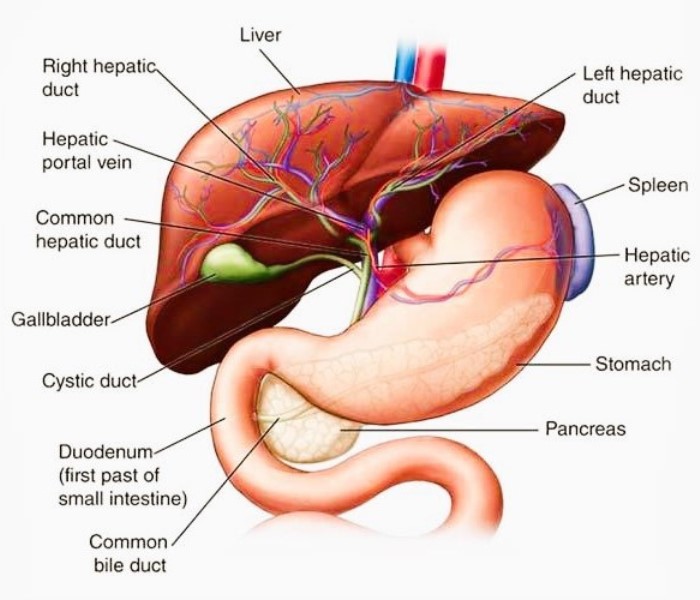
Hepatobiliary surgery in Hyderabad

What is Hepatobiliary Surgery?
Hepatobiliary surgery refers to a specialized branch of surgery that focuses on the diagnosis, treatment, and management of diseases and conditions affecting the liver, gallbladder, bile ducts, and pancreas. It encompasses a range of surgical procedures performed to treat various conditions related to these organs.
The liver, gallbladder, bile ducts, and pancreas play crucial roles in digestion, metabolism, and the production of essential substances in the body. Hepatobiliary surgery aims to address issues such as liver tumors (both benign and malignant), gallbladder diseases (such as gallstones and inflammation), bile duct disorders (including strictures and blockages), and pancreatic diseases (such as tumors, pancreatitis, and cysts).
Conditions Treated with Hepatobiliary Surgery:
- Liver Cancer
- Bile Duct Cancer
- Cholecystitis (Gallbladder Inflammation)
- Cholangiocarcinoma (Bile Duct Cancer)
- Bile Duct Stones
- Gallbladder Polyps
- Gallstones
Types of Hepatobiliary Surgeries:
- Laparoscopic Cholecystectomy: This is a minimally invasive procedure that involves the removal of the gallbladder through small incisions.
- Liver Resection: This is a surgical procedure that involves the removal of a portion of the liver to treat liver cancer.
- Bile Duct Surgery: This involves the surgical treatment of diseases affecting the bile ducts, including bile duct stones and bile duct cancer.
- Whipple Procedure: This is a complex surgery that involves the removal of the head of the pancreas, duodenum, and part of the bile ducts.
Benefits of Hepatobiliary Surgery:
- Minimally Invasive: Many hepatobiliary surgeries are performed using minimally invasive techniques, which result in smaller incisions, less pain, and a faster recovery.
- Improved Quality of Life: Hepatobiliary surgery can effectively treat many diseases that affect the liver, bile ducts, and gallbladder, leading to improved quality of life.
- Increased Life Expectancy: By treating diseases such as liver cancer, bile duct cancer, and gallbladder cancer, hepatobiliary surgery can increase life expectancy.
Hepatobiliary surgery is a complex and specialized field of surgery that requires advanced surgical skills and techniques. By treating diseases affecting the liver, bile ducts, and gallbladder, hepatobiliary surgery can improve quality of life and increase life expectancy. If you are in need of hepatobiliary surgery, it is important to seek the care of an experienced and skilled surgeon.
At our clinic, our team of highly skilled and experienced surgeons are dedicated to providing the best hepatobiliary surgery services. With the latest technology and techniques, we aim to provide our patients with the best possible outcome and a quick recovery. Contact us today to schedule a consultation and learn more about hepato biliary surgery.
Frequently Asked Questions(FAQ)
What is hepatobiliary surgery?
What conditions can be treated with hepatobiliary surgery?
What are the common types of hepatobiliary surgeries?
How is hepatobiliary surgery performed?
What are the benefits of minimally invasive hepatobiliary surgery?
How long does it take to recover from hepatobiliary surgery?
Are there risks and complications associated with hepatobiliary surgery?
How can I prepare for hepatobiliary surgery?
Success Stories
A true Master in his job!!! His expertise, care, calm approach towards patients & family - I just liked everything about Dr. Jagan Sir.
Meet Our Specialist
Dr. B Jagan Mohan Reddy is an experienced Gastroenterologist Surgeon in Hyderabad with an overall experience of 14 years.
Dr B Jagan Mohan Reddy
drjagangastrocare.com
MBBS,MS, M.CH Consultant Surgical Gastroenterologist, Laparoscopic, Bariatric, Advanced Robotic, Colorectal, Hepato Biliary & Pancreatic Surgeon

